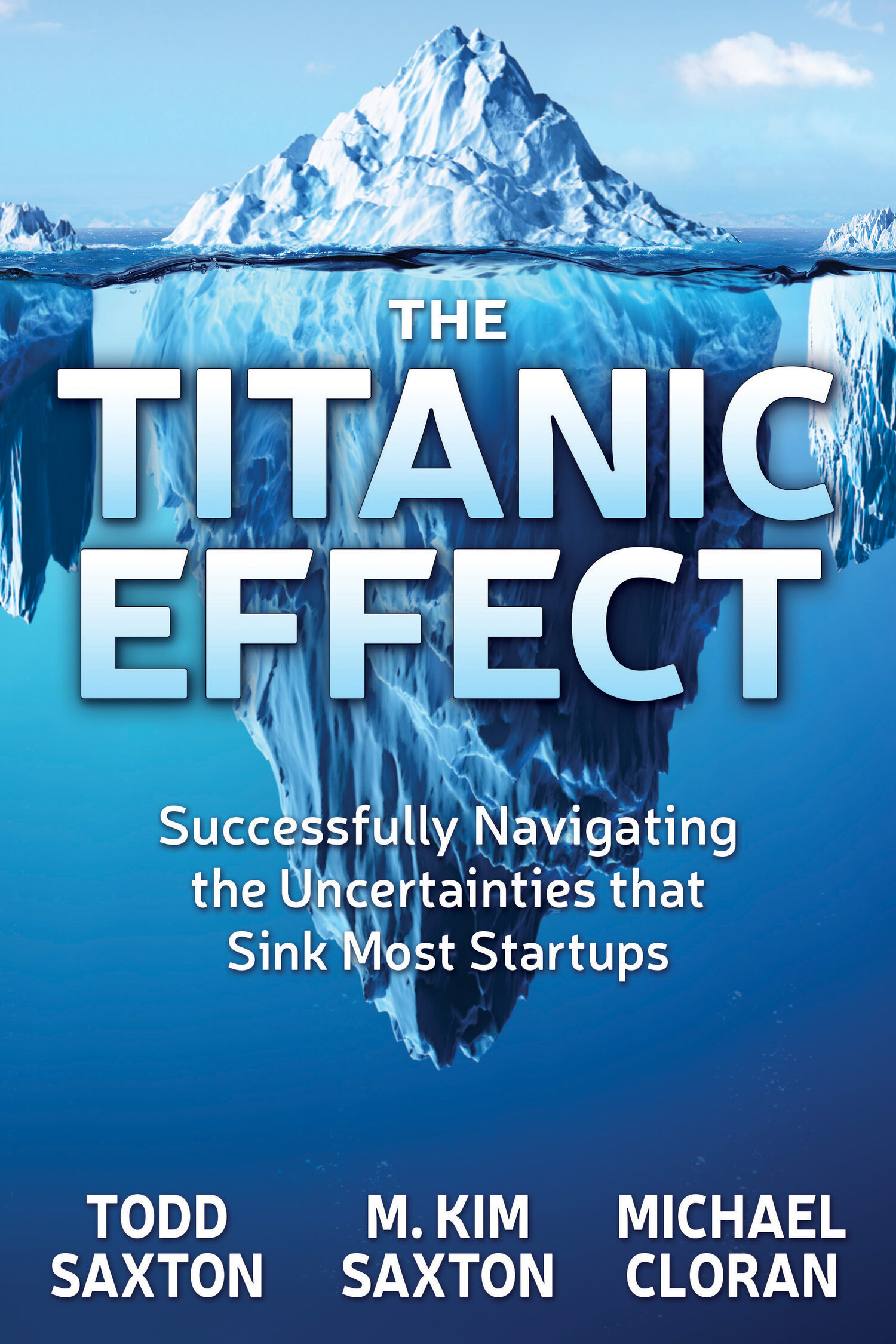Guest Blogger: Irena Ducic, Embroker
Launching a startup is a wonderful and proud moment. However, most entrepreneurs won’t have much time to enjoy the moment before it’s time to get down to serious business.
When you start creating a list of everything you’ll need to put in order before your business is fully functional, you’ll realize that simply getting started is just the tip of the iceberg. And rest assured - there will be plenty of challenges along your entrepreneurial road. Once you reach the end of your checklist, you should go ahead and write down another essential matter that you might have forgotten along the way - business insurance.
No matter how much faith you may have that everything will go smoothly, you shouldn’t downplay the importance of having the right business insurance policies in place. At its core, buying insurance is about protecting your company, leadership, and employees from a myriad of expected and unexpected risks that can and will crop up along the way. Giving business insurance the attention and effort it deserves will enable your business to continue growing even if disaster strikes.
However, buying insurance for your startup isn’t a simple matter. Many factors determine the cost of your coverage and the type of coverage you need to protect your startup properly.
To help you get the protection you need, let’s breakdown what policies startups will need and what characteristics of the company will affect their cost. After all, you don’t want anything to stand in the way of your startup becoming a unicorn.
The Policies Startups Need and Their Cost Basis
General Liability Insurance - Protects your business against third-party claims of property damage and bodily injury. It will cover your legal costs and potential settlements. Your General Liability policy’s price will depend on the line of business you are in since some industries, like construction or hospitality, carry more risks than others. If all your employees work in an office, you probably face less risk when conducting business with your clients, which makes your premium lower. However, beware that this policy won’t cover employee injuries, so you’ll have to invest in workers’ compensation insurance to get that covered.
D&O Insurance - You are required to have D&O Insurance if your startup raised funding from venture capital funds or other external sources. The policy is designed to protect the directors and officers of the company who, depending on the startup’s size, could make up half of your staff. Their business decisions could result in allegations of financial mismanagement, breach of fiduciary duty, misrepresentation, or errors & omissions. Such allegations can lead to expensive lawsuits against both the company and the officers personally.
If your leadership team is comprise of experienced individuals, the risk of litigation is lower, and this means a lower insurance premium. However, if your company is young and hasn’t been in business for long, the initial policy price will typically be higher since there is no risk history to assess. Additionally, financially stable companies can expect to pay less than companies that have a volatile financial history.
EPL Insurance - Stands for Employment Practices Liability Insurance. You’ve probably heard of inappropriate workplace behavior cases which are becoming more common, in part due to the #metoo movement. Your employees can sue your company if somebody hurts their legal rights at work, since it’s your responsibility to create a safe work environment through education and necessary precautions.
When it comes to pricing, let’s start with a simple fact: the more claims you’ve had, the higher the premium will be. As with many other insurance policies, your premium will also be higher if you have more employees since it’s more likely that a claim will arise. The same goes if your employees work with clients or customers. But, you can mitigate the risk of inappropriate workplace behavior and lower your insurance costs by putting robust HR procedures and training in place. EPL Insurance coverage is crucial and will pay off no matter the premium, considering that EPL Insuranceclaims have risen by 400% in the past 20 years.
Cyber Liability Insurance - Has become as important as General Liability in the 21st century. If you conduct business online or manage any confidential digital information, you are at risk of being hacked. Costs of potential data breaches have grown significantly over the past years, and attackers often target small businesses because of their presumably weaker security and encryption policies.
If you wonder about the cyber insurance policy cost, the leading price factors are the type of business you run and the level of cyber risks you face. Companies that store sensitive client information online are at a higher risk of cybercrime, especially larger retail or e-commerce businesses, so their insurance premiums are also higher. Insurers will appreciate it if you implement extensive security measures and breach protocols, and educate your employees on lowering security risks, thereby lowering your potential premium.
To sum it up, these are the 5 key questions that decide your insurance costs:
How many (if any) employees do you have?
Do you have office space?
What is your line of business?
Did you have any previous claims?
What kinds of risks do you face?
It may seem like all these policies would cost a fortune, but that is not the case. With so many startups operating in the U.S. today, insurance experts can tailor the policies and create package deals that will fit most growing companies’ needs and growth pace.
However, it’s essential to do your due diligence and find coverages that best suit the risks your company faces. It will bring you considerable peace of mind to know that you are protected from the expensive lawsuits and claims your startup could face. That’s one more debtberg averted. Make sure you read The Titanic Effect to learn about others.


